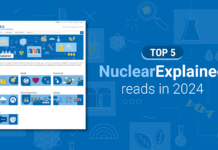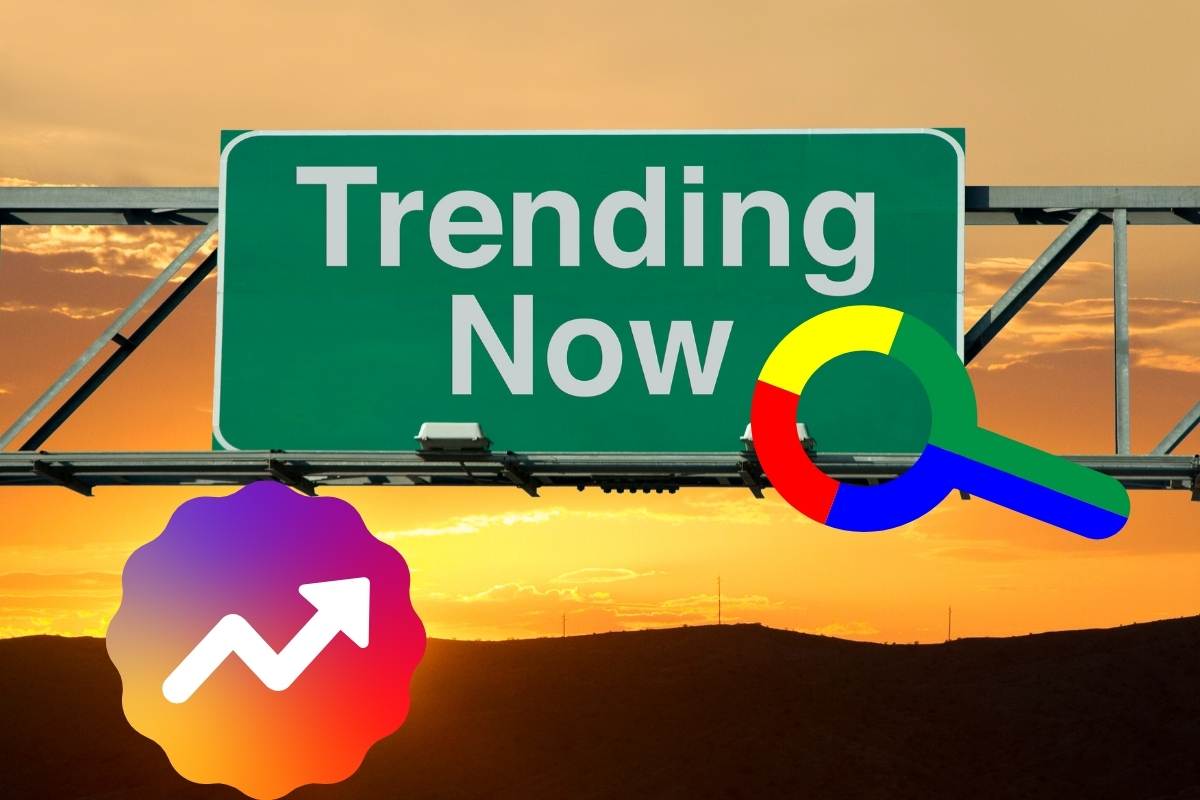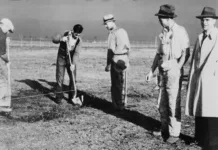Betting Odds Outperform Polls in Predicting 2024 Election Outcomes, Experts Say
In a recent development that has captured significant attention in both political and betting circles, experts have asserted that betting odds are now a more reliable predictor of the 2024 election outcomes than traditional polling methods. This assertion was prominently highlighted in a CNN Politics article titled "Expert: 2024 Betting odds more accurate than polling" featuring insights from Rutgers Professor Harry Crane. This topic has quickly become one of the most searched items on Google today, underscoring its relevance and public interest.
Betting Markets vs. Polling: A Comparative Analysis
According to Professor Crane, who is a noted statistician and expert in predictive analytics, if one were to seek a single best source of information to understand the dynamics of the upcoming elections, they should look towards prediction markets. In an interview with CNN, Crane emphasized that the data from these markets provides a more accurate reflection of the electoral landscape compared to traditional polls. He advised that Republicans should not prematurely celebrate their standing based on conventional polling data alone.
Prediction markets, where participants bet on the outcomes of various events including political elections, aggregate the collective wisdom of bettors. These markets have increasingly proven to be more precise as they synthesize diverse viewpoints and incorporate real-time information.
Why Prediction Markets Are More Accurate
The core advantage of prediction markets over traditional polling lies in their design and operation. While polls capture a snapshot of public opinion at a particular moment, betting markets continuously adjust to new information, providing a dynamic and up-to-date picture. This constant adjustment makes them more responsive to sudden changes in the political landscape.
For instance, prediction markets were among the first to react to major political events such as debates, scandals, or policy announcements, incorporating these shifts into the odds almost instantaneously. This real-time adaptability is something that traditional polls, with their periodic sampling and inherent lag times, struggle to achieve.
Historical Context and Recent Trends
Historically, prediction markets have had a commendable track record. For example, in the 2008 and 2012 U.S. Presidential elections, prediction markets accurately forecasted the victories of Barack Obama, even when some traditional polls showed tighter races. Similarly, in the 2020 elections, prediction markets predicted Joe Biden’s victory with a higher degree of confidence than many pollsters.
The current trends in the 2024 election prediction markets reflect a nuanced and evolving political scenario. As of now, the odds fluctuate with every new development, from candidate announcements to policy proposals and public reactions.
Public Reactions and Expert Opinions
The assertion that betting odds are more reliable than polls has evoked varied reactions. Some political analysts agree with Professor Crane’s assessment, highlighting the increasing importance of real-time data in an ever-changing political landscape. "Prediction markets harness the collective intelligence of a wide array of participants, making them inherently robust," said Dr. Emily Roberts, a political science professor at Harvard University.
Conversely, some experts caution against relying solely on betting odds. "While prediction markets provide valuable insights, they are not infallible. They can be influenced by the biases and speculative nature of the bettors," argued Dr. John Miller, a polling expert at the Pew Research Center.
Practical Implications for Political Campaigns
For political campaigns, these insights carry significant strategic implications. Campaign managers are now increasingly monitoring prediction markets alongside traditional polls to gauge public sentiment and adjust their strategies accordingly. In doing so, they aim to maintain a competitive edge in a highly fluid electoral environment.
Future Prospects
Looking ahead, the role of prediction markets in political forecasting is likely to grow. With advancements in technology and data analytics, these markets are becoming more sophisticated, offering deeper insights into voter behavior and election outcomes. This shift could potentially redefine how future elections are analyzed and understood.
For more detailed insights on this topic, you can refer to the original CNN Politics article here.
Conclusion
The growing reliance on betting odds over traditional polling marks a significant shift in the landscape of political forecasting. As we approach the 2024 elections, both analysts and campaigners are likely to pay closer attention to these markets. While they are not without their limitations, the ability of prediction markets to incorporate real-time data and reflect a collective judgment offers a compelling alternative to traditional polling methods.
This trend, prominently trending on Google today, underscores the evolving nature of election forecasting and the continuous quest for more accurate and reliable predictive tools. As Professor Harry Crane aptly points out, for those keen on understanding the electoral pulse, prediction markets might just be the crystal ball they need.


































